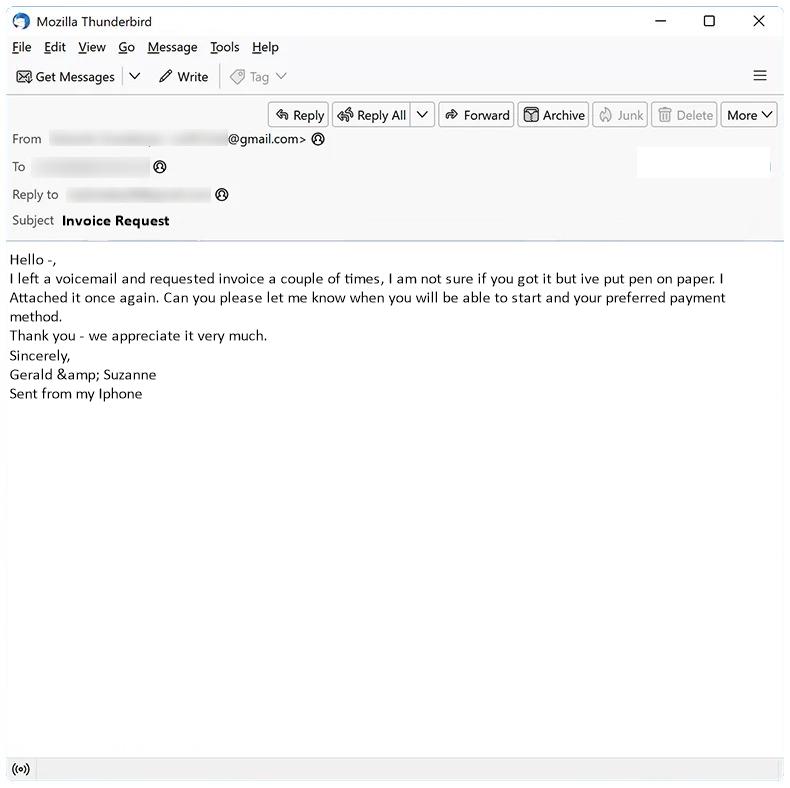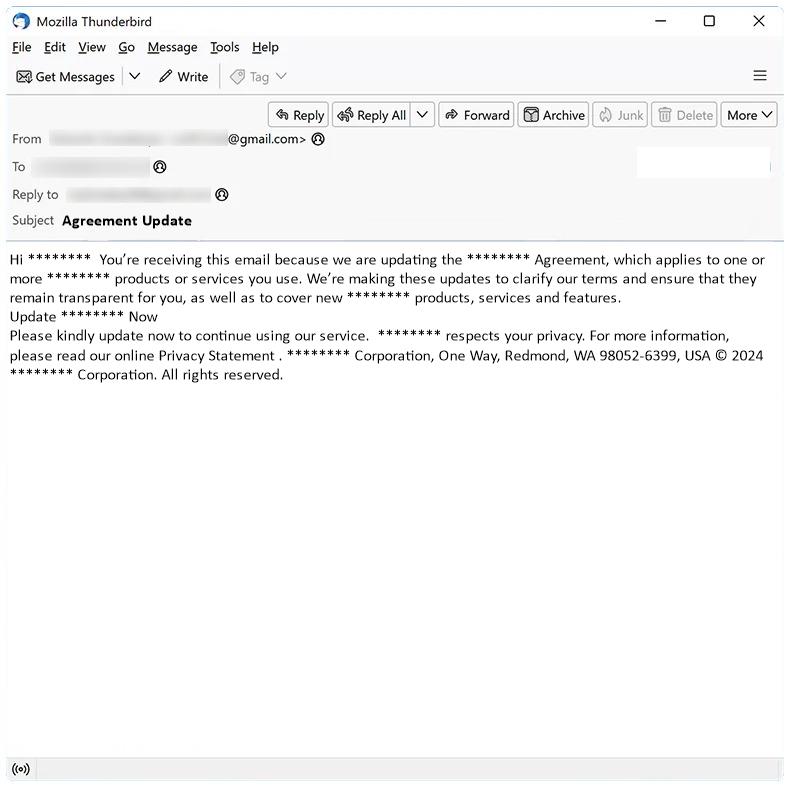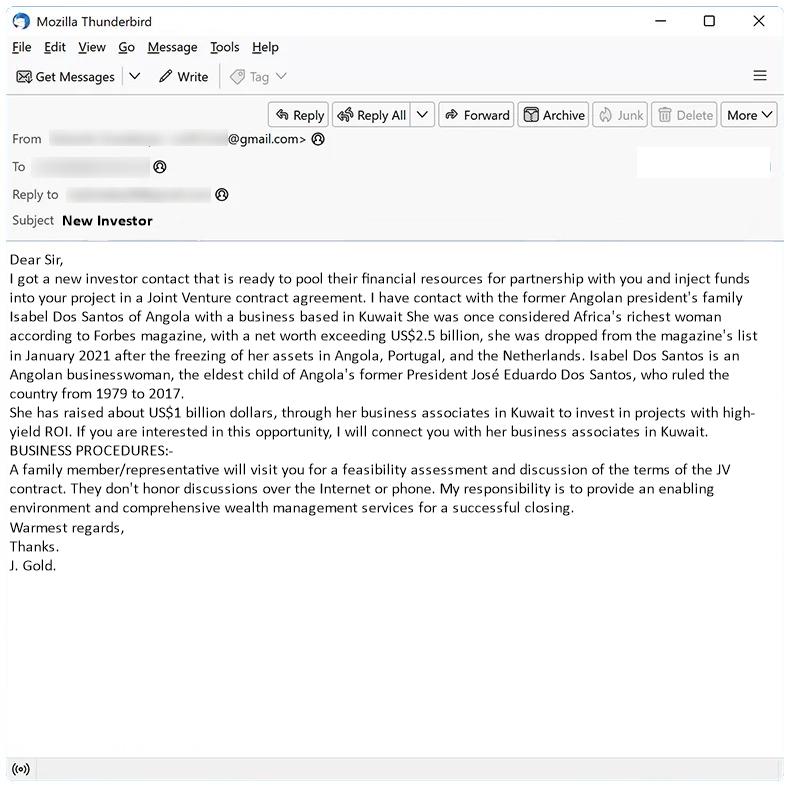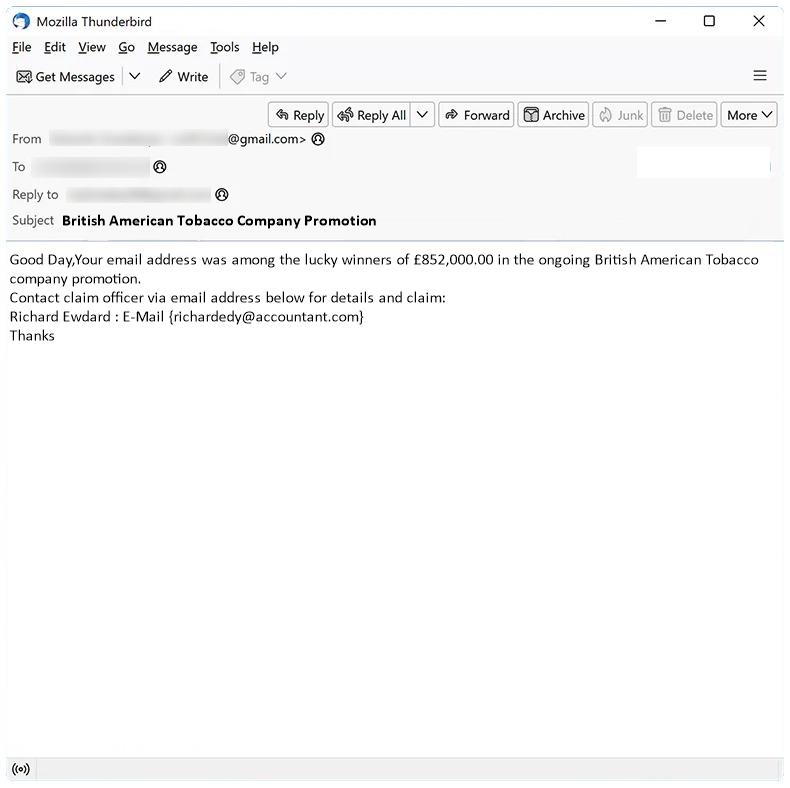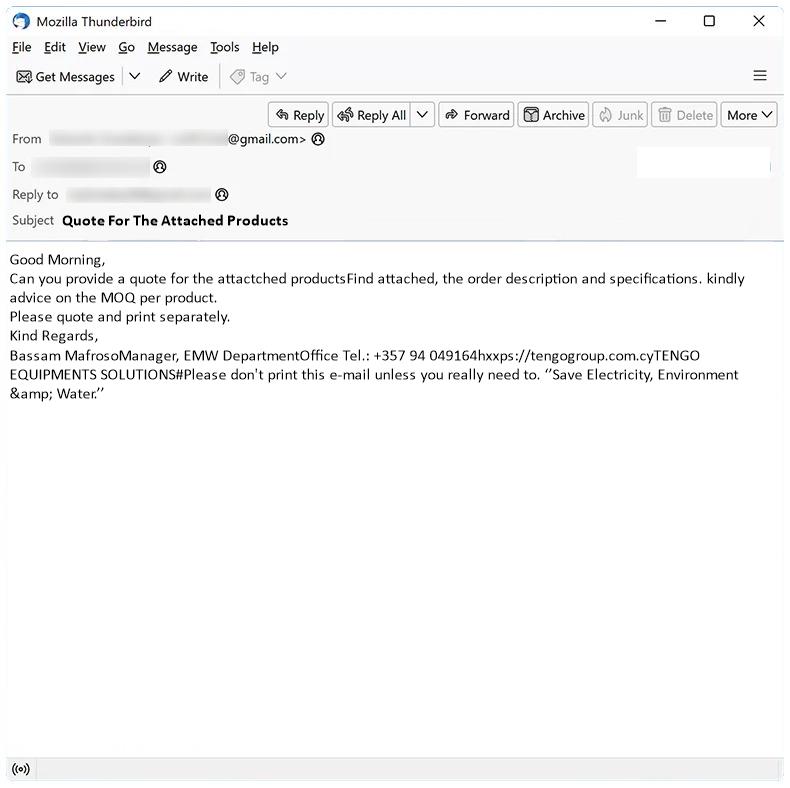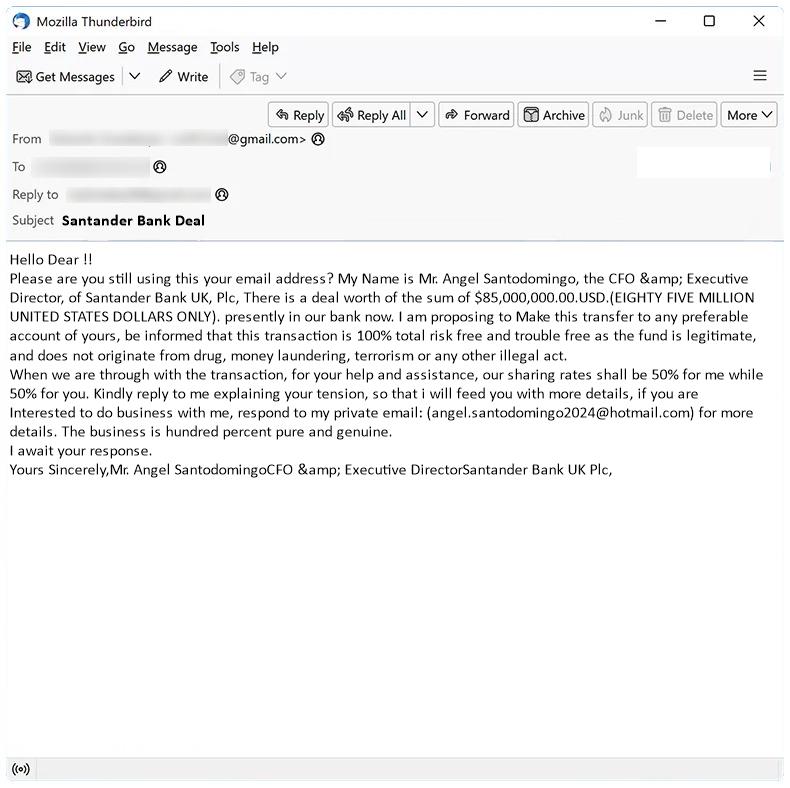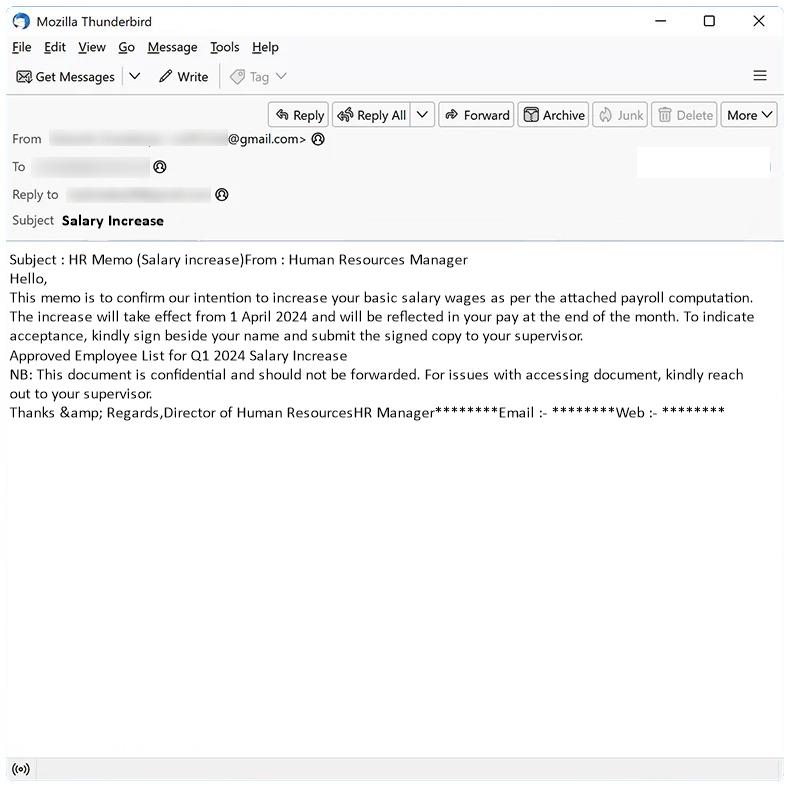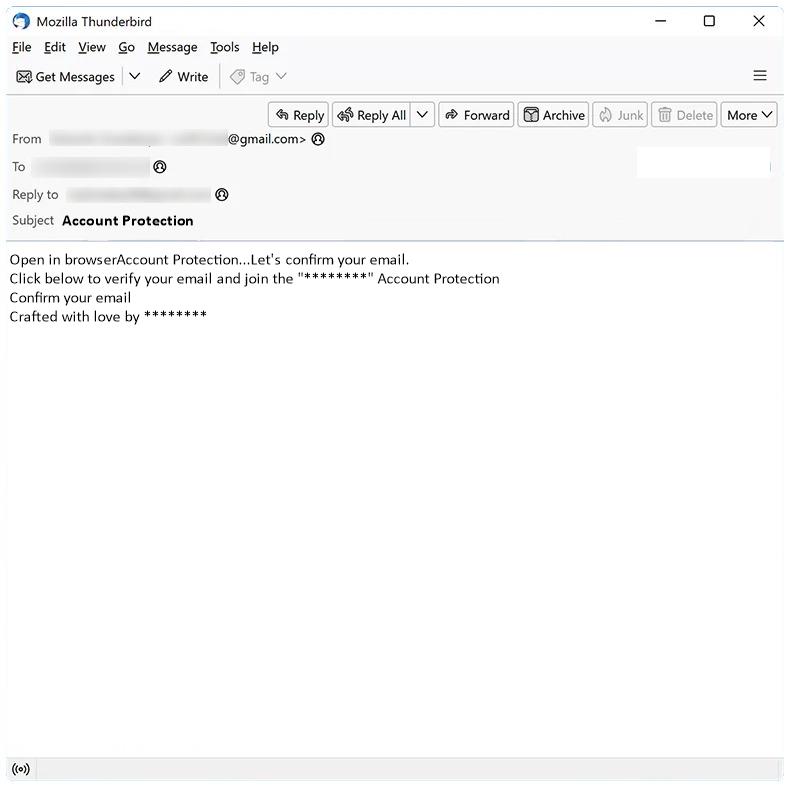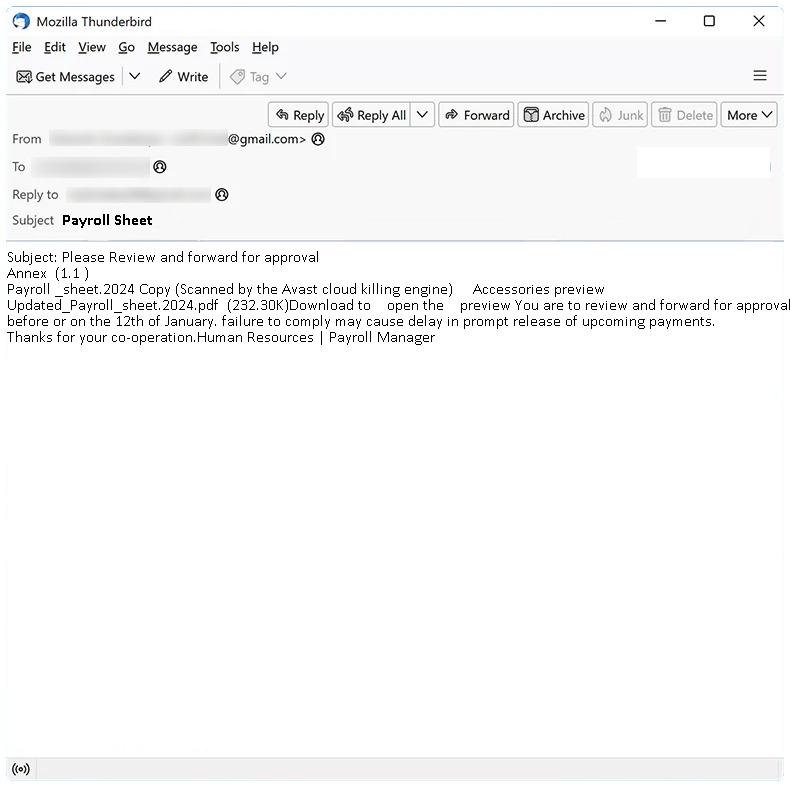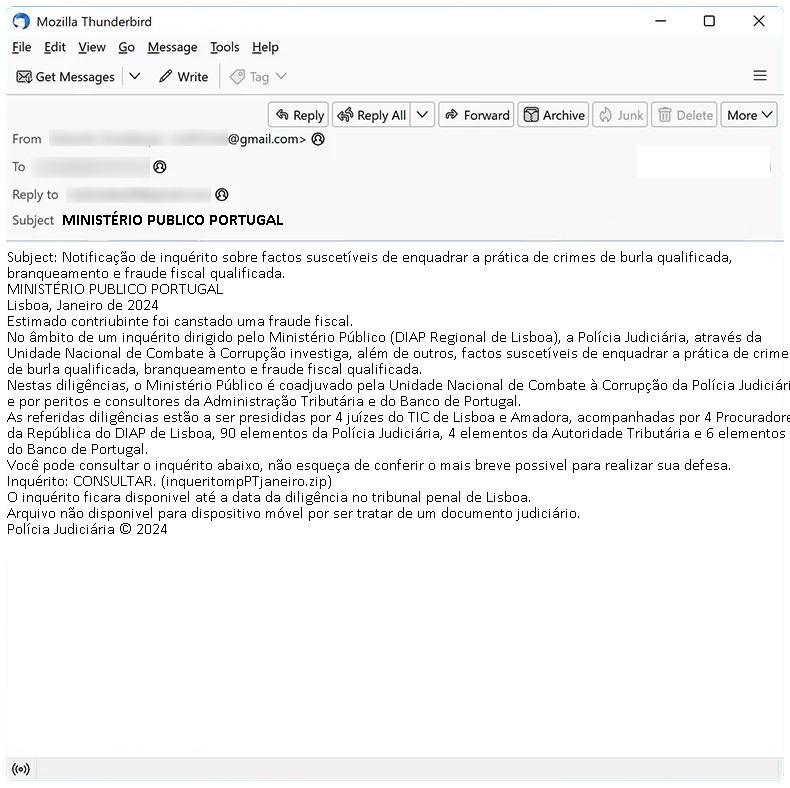Invoice Request email spam is a type of phishing scam that involves sending fake invoices or requests for payment to individuals or businesses. These emails often appear to be from legitimate companies or organizations, but are actually sent by scammers looking to steal personal or financial information.
Invoice Request spam campaigns can infect computers in a variety of ways, including through malicious email attachments or links that, when clicked, download malware onto the victim’s device. Once infected, the malware can steal sensitive information, such as passwords, financial details, and personal data.
Interacting with Invoice Request email scams can pose several risks, including:
1. Identity theft: Scammers may use the information they obtain through these scams to steal your identity and commit fraud in your name.
2. Financial loss: If you provide payment information in response to a fake invoice request, scammers can use it to make unauthorized charges to your accounts.
3. Malware infection: Clicking on links or downloading attachments in fraudulent invoice emails can result in malware infections that compromise your computer’s security and privacy.
To protect yourself from Invoice Request email spam, it is important to be cautious when reviewing emails from unfamiliar senders or that seem suspicious. Avoid clicking on links or downloading attachments in these emails, and verify the legitimacy of any invoice requests before making any payments. Additionally, be sure to keep your computer’s security software up to date to help prevent malware infections.

